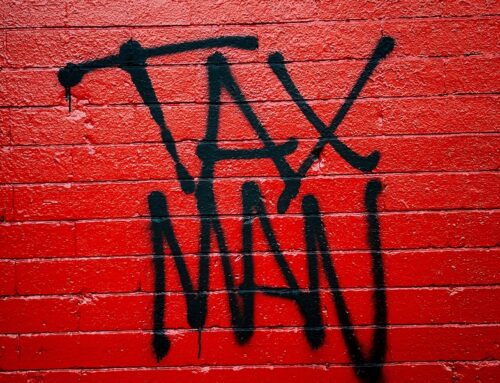The Singapore Financial Reporting Standards (SFRS) is the Financial Reporting Standards that Singapore adopts. Financial Reporting Standards prescribe the methods of recognition, measurement, presentation and disclosure requirements for transactions and events that are used for reporting. The SFRS is based on the International Financial Reporting Standards (IFRS) issued by the International Accounting Standards Board (IASB). All companies with the financial period starting on or after 1st January 2003 have to comply with SFRS. The SFRS is not too far off from the IFRS and one of the main reasons is that this enables international business to happen in Singapore as the accounting standards that are being used are familiar to most that trade in the international arena.
Singapore’s accounting standards are based on accrual-based accounting i.e. transactions are recognised when they occur as opposed to when the payment is made. These transactions are recorded in the accounting records and financial statements when they happen. The financial statements that are prepared using the accrual basis inform users of past transactions as well as future obligations and receipts.
For small entities, the IASB issued an IFRS for small entities as some small entities may find it difficult to adhere to the full IFRS. The announcement and implementation of this were made in 2009 and about a year later, in end 2010, the Accounting Standards Council (ASC) announced the SFRS for small entities. This SFRS for small entities follows the guidelines set out by the IASB for small entities very closely. This method of financial reporting came into effect from the 1st of January 2011.
Here are the criteria for a Singapore incorporated company or a Singapore branch of a foreign company to qualify as a small entity and implement the SFRS for small entities. The company has to meet the following criteria for each of the previous two consecutive years:
- The company is not publicly accountable
- The financial statements are published for general uses and for external users
- The company meets at least 2 of the 3 following criteria:
i) The total revenue is not more than SGD$10 million
ii) Total gross assets do not exceed SGD$10 million
iii) The total number of employees is not more than 50
A company may follow the SFRS for small entities until it falls out of the threshold and criteria listed above. It must then follow the full SFRS.
For the full set of Singapore Accounting Standards, you can refer to the Accounting Standards Council of Singapore‘s website.
If you are looking for someone to prepare your company’s financial statements in accordance with the SFRS, you may contact our company at accounts@singaporesecretaryservices.com.
When in doubt, seek legal advice or consult an experienced ACRA Filing Agent.
Yours Sincerely,
The editorial team at Singapore Secretary Services
For more useful articles and videos, visit the Singapore Secretary Services resource page.
Related articles:
How to compile a company’s financial statements
Who needs to file corporate tax for YA 2020?
What happens if a company fails to file its Annual Returns?
What is Estimated Chargeable Income (ECI) and when does it need to be filed?







Leave A Comment